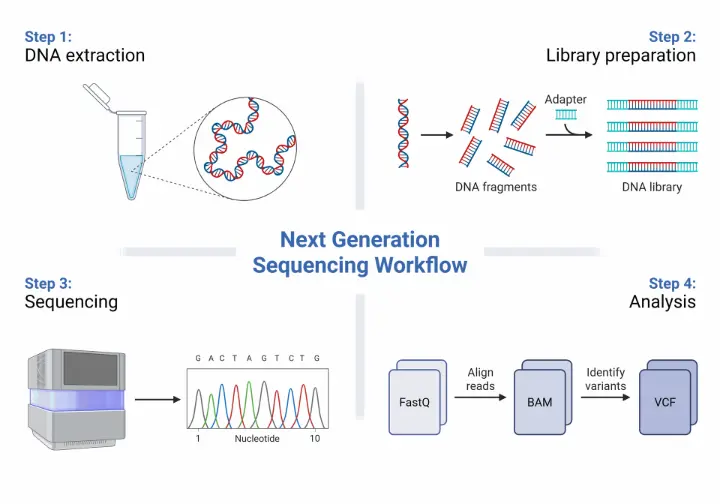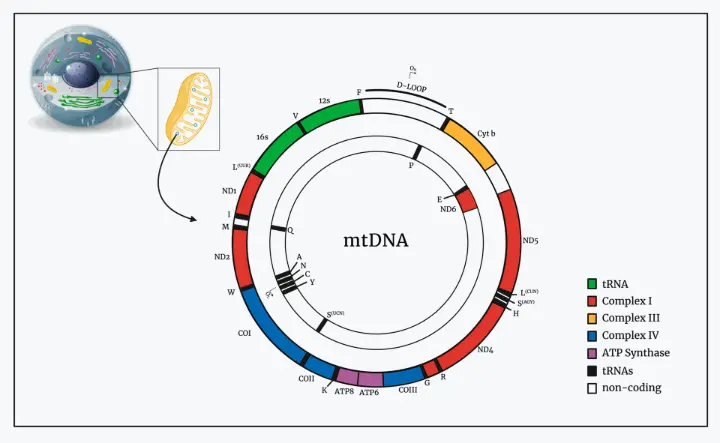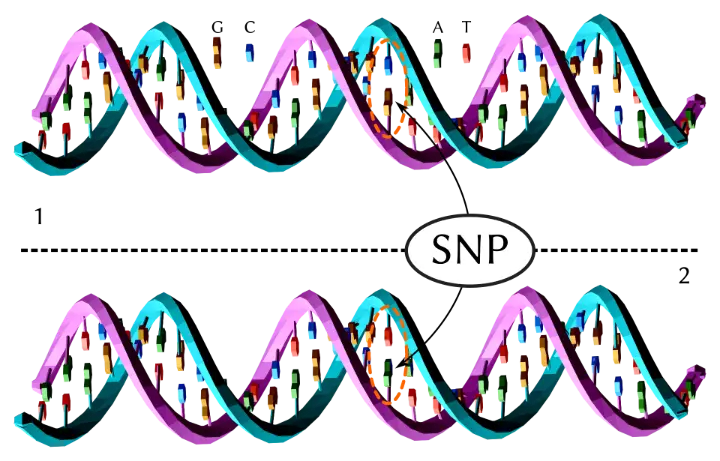Generation Z generally defined as people born between the mid-1990s and early 2010s is the first truly digital-native generation. They’ve grown up surrounded by smartphones, social media, and instant access to information. But beyond the digital revolution, another scientific revolution is quietly transforming how Gen Z understands themselves and their heritage: DNA technologies.
These powerful genetic tools not only unlock information about ancestry and genealogy but also provide deep insights into health, traits, and how generations are connected on a biological level. Let’s explore how DNA technologies are helping Gen Z know themselves better, biologically and historically.
What Does It Mean to “Know” a Generation Through DNA?
When we talk about generations whether Baby Boomers, Millennials, or Gen Z we usually mean groups of people born around the same time who share cultural experiences. But science offers another layer: the biological and genetic ties that connect generations through inherited DNA.
DNA carries the story of our ancestors, passed down in fragments from parents to children across countless generations. By analyzing these fragments, we can:
Trace migration routes and ancestral origins
Identify family connections and relatives
Discover genetic traits and health predispositions unique to each generation
Understand how environment and lifestyle impact gene expression over time
For Gen Z, DNA technologies are a powerful tool for exploring both identity and biology.
Key DNA Technologies That Shed Light on Gen Z
1. Autosomal DNA Testing: Discovering Roots and Relatives
Autosomal DNA testing examines the 22 non-sex chromosomes inherited from both parents. It covers a broad spectrum of your genetic ancestry and is the foundation of most consumer DNA tests.
Popular services use autosomal testing to estimate ethnic backgrounds and find genetic relatives. For Gen Z users, these tests offer:
A way to connect with distant cousins worldwide
Insights into mixed heritage and ethnic diversity
Opportunities to build detailed family trees using DNA and historical records
Since autosomal DNA recombines every generation, it’s most effective at tracing relatives within about 5-7 generations, making it ideal for Gen Z to learn about their recent ancestry.
2. Y-Chromosome and Mitochondrial DNA Testing: Tracing Direct Lines
Y-DNA testing traces the paternal lineage and is only applicable to males since only they inherit the Y chromosome from their father. This type of testing can reveal ancient origins of the paternal line and connect individuals sharing the same surname or paternal ancestors.

- Mitochondrial DNA (mtDNA) testing follows the maternal line, as mtDNA is inherited exclusively from mothers. It provides a window into maternal ancestry that can stretch back thousands of years.
Together, these tests give Gen Z a glimpse into their deep, direct ancestral lines, revealing migratory patterns of their distant forebears.
3. Next Generation Sequencing (NGS): The Era of Whole Genome Insight

NGS technologies have dramatically lowered the cost and time required to sequence an individual’s entire genome. Unlike targeted tests, whole genome sequencing (WGS) reads nearly all of a person’s DNA, offering an unprecedented level of detail.
For Gen Z, WGS means:
Access to highly personalized health risk information
Identification of rare genetic variants that might affect disease susceptibility
Rich data for researchers studying how genes and environment interact across generations
WGS is rapidly moving from a specialized medical test to a consumer-accessible service, making it an essential technology for understanding genetic inheritance in detail.
4. Single Nucleotide Polymorphism (SNP) Analysis: Mapping Genetic Diversity
SNPs are small genetic variations common in the human genome. By analyzing millions of SNPs, scientists can:
Identify subtle differences between populations
Track genetic markers linked to traits or diseases
Map the movement and mixing of human populations over time
SNP analysis underpins most commercial DNA tests and research projects, helping Gen Z understand not just who their ancestors were, but how populations evolved and adapted across generations.
5. Epigenetics: How Environment Shapes Genes Across Generations
Epigenetics studies changes in gene expression caused by environmental factors, such as diet, stress, and exposure to toxins, that do not alter the DNA sequence itself. These changes can sometimes be passed to offspring, affecting health and traits.
For Gen Z, growing up amid rapid environmental changes and new lifestyle challenges, epigenetics offers insight into how their genes and those of future generations may be influenced by modern life. It represents a new frontier in understanding how biology and environment co-shape generations.
Why Gen Z is Unique in Using DNA Technologies
Gen Z stands apart from previous generations for several reasons:
Direct access to genetic data: Unlike their parents or grandparents, many Gen Z individuals can order a DNA test online and receive results in weeks, empowering them to explore their identity deeply.
Integration with digital tools: Mobile apps, online family trees, and genetic databases let Gen Z interact with their genetic information like never before, connecting with relatives and sharing stories globally.
Focus on health and wellness: Gen Z tends to be more proactive about health. Genetic insights help them make personalized lifestyle and medical decisions based on their DNA.
Citizen science participation: Many Gen Zers participate in genetic research projects or contribute their DNA data to open databases, accelerating science and ancestry discoveries.
Looking Ahead: The Future of DNA and Generations
As DNA technologies become faster, cheaper, and more integrated with artificial intelligence and big data, the ability to understand generations will deepen dramatically. For Gen Z, this means:
More precise health predictions and personalized medicine
Enhanced genealogical tools that reconstruct family histories in vivid detail
Greater awareness of how environment and culture influence genetic expression
In essence, Gen Z is at the forefront of a new era where DNA technologies are not just about the past but also about shaping the future of generations to come.

